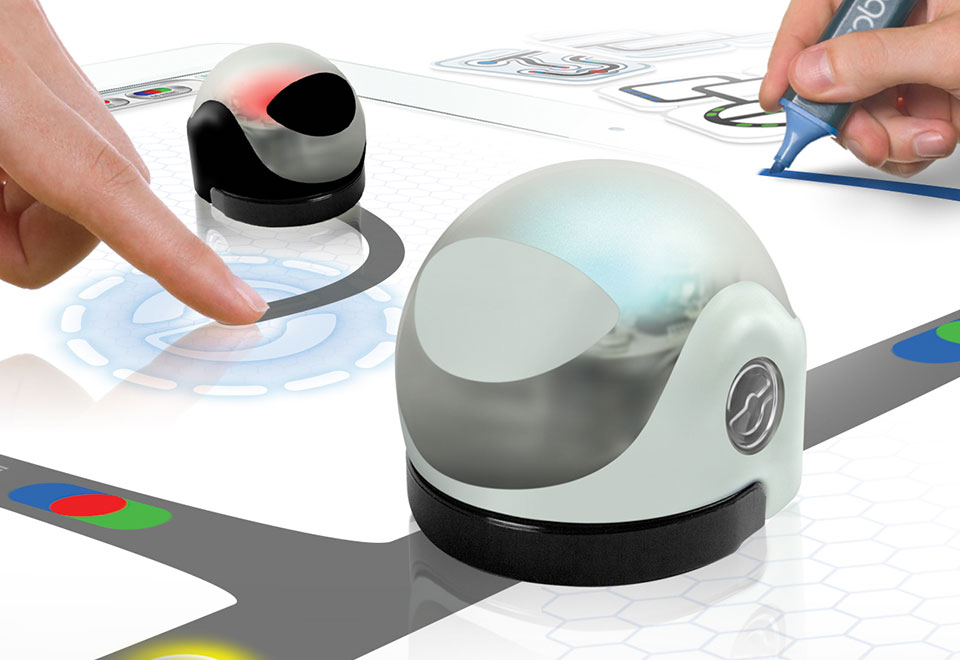In America at least, we are still in the new toy phase of high technology. Every new gadget that comes out receives oohs and aahs in the media, with the subtext, ‘aren’t we the most amazing people for inventing all these wonderful things!’
 For any mature adult, technology is, by itself, merely of passing interest. Watching the ridiculous fanfare and fads of the endless stream of devices being marketed with great seriousness, one asks, what kind of society is it producing?
For any mature adult, technology is, by itself, merely of passing interest. Watching the ridiculous fanfare and fads of the endless stream of devices being marketed with great seriousness, one asks, what kind of society is it producing?
Disconnected from the deeper dimensions life, technology for technology’s sake is like talking just to talk—an empty enterprise that fills time and wastes lives. The interesting question is: How are the new technologies to be used and integrated into our lives.
Underlying that issue is the age-old question of what it means to be a human being.
Ironically, as technology sweeps everything and everyone before it, its rampant development is pushing this question to the fore, driving ordinary thinking people to explore questions that were once only the concern of philosophers.
In the hopefully not too distant future, when people have dropped the ‘gee-whiz’ attitude toward new technologies, there will be a seamless integration with machines in our daily lives. That can be achieved without losing the distinction between technology and life, much less, as many advocates puerilely propose, melding the computer and robotics with the human brain.
Multi-tasking can be defined as making a virtue out of doing three or four things at the same time without paying attention to any of them. The very machines that are supposed to free people from slavery to busyness are driving us to mindlessness. We need a basic reorientation in the relationship to our machines.
Incredibly small, fast and powerful computers could free people from the illusory importance and productiveness of busyness. Rather than spur an increasing frenzy of activity, as they are now doing, computers and robotics could assist in the rightful balance between activity and inactivity, and allow time for being and non-action.
That dimension has the highest priority, since it is the wellspring of insight and growth in the human being. This means deeply reexamining time, at once the most valuable thing we have, and the greatest impediment to our realization as human beings.
Busyness is no substitute for being; indeed, the perpetually busy are wasting their lives. To a large extent, the more one does, the less one lives—a truth completely contrary to the American obsession with activity.
So why are so many people, who have the time, space and leisure to put what is first first, refusing to do so? Does it boil down to fear and conformity?
Of course, the intelligent use of time does not, in itself, awaken the timeless, and with it wholeness, peace and understanding. Paradoxically, for timelessness to come into being in one’s being, one has to take the time to learn how to observe and question oneself, and do the spadework of self-knowing on a daily basis.
Hopefully, the childish fascination and fetish with high-tech toys is just a phase of human development. With a new relationship to machines, the development of the human being can be served, rather than diminished by them.
Can there be integration with computers without becoming cyborgs? Clearly, intelligent integration would allow time for the important things, like being in nature, meditation and meditative enquiry, pursuing one’s true vocation, and spending time with one’s children, family and friends.
Science is based on the testable premise that everything in nature is explainable in terms of completely physical mechanisms made of wholly material substances by solely random processes. Yet these principles, while essential for science, don’t hold true for every phenomena that human beings encounter in the universe. Besides, knowledge is always incomplete, and science and technology can never produce whole human beings.
Science and technology have become two the main driving forces of the human prospect. A third force has been interwoven with them–the market.
Since organized religion has lost meaning and motive force, without awakening a true source within, the future will be like present is, only more so, and the human spirit will be extinguished.
Technology, which is increasingly linked to and derived from science, technology and the market, neither uncovers mysteries, nor evokes feelings of mystery.
Essentially, technology is application in the functional realm. Technology is only as beneficial to human life as we are intelligent in using and integrating it into living beyond its domain.
Martin LeFevre

